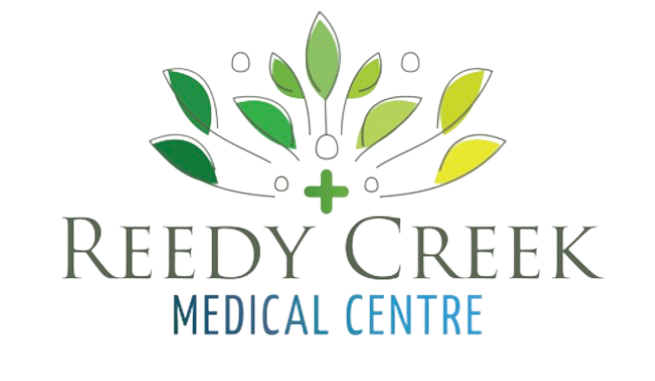Why have a Heart Health Check?
A heart health check is important as a preventative health measure for our patients aged 30 and over. It may stand alone or be part of a regular medical examination which is designed to detect potential health issues or risk factors for illness before symptoms occur.
A heart health check will typically include:
- review of the patient’s medical history
- physical examination,
- blood tests
- blood pressure
- ECG test
- ABI
Healthy heart checks aim to identify potential health problems early on so they can be treated or managed before they become more serious.
Who needs a Heart Health Check?
All people over the age of 30 years
The Importance of a Heart Health Check
There are several benefits from a heart health check:
Early Detection
Regular health checks can help detect potential health problems early when they are more treatable.
Prevention
Regular health checks can help prevent specific health problems from developing. For example, a cholesterol screening can help identify high cholesterol levels, which can be treated to avoid developing heart disease.
Monitoring
Regular health checks can help monitor the progression of a chronic condition and assess the effectiveness of treatment.
Personalised Care
Regular health checks and care plans help ensure individuals receive personalised care tailored to their needs.
Cost-effective
By detecting and preventing health problems early, regular health checks and care plans can help reduce the overall cost of healthcare
A heart check in our practice typically includes a physical examination, blood tests, and imaging tests to assess the health of your heart and blood vessels. It may consist of an electrocardiogram (ECG) test.
Electrocardiogram (ECG) Tracing
An ECG is recommended for people with heart conditions or symptoms such as chest pain, shortness of breath, or a family history of heart disease. Benefits include the ability to view the heart’s function in real-time, detect heart problems early, and monitor the progression of a heart condition.
The procedure is painless and involves having electrodes attached the chest for a few minutes while the tracing is made. The practice nurse will prepare the reading for your doctor to read and analyse. Further tests or treatment may be recommended if any abnormality is found.
Blood Pressure Check
A blood pressure check is a routine medical procedure used to assess the force of blood against the walls of the arteries as the heart pumps it around your body. Blood pressure is expressed in terms of two measurements: systolic pressure (the higher number) and diastolic pressure (the lower number). It is usually expressed in millimetres of mercury (mmHg) and is given as one number “over” another (e.g., 120/80 mmHg).
- The systolic pressure is the higher of the two numbers and represents the maximum pressure exerted when the heart contracts and pushes blood through the arteries.
- The diastolic pressure is the lower of the two numbers and represents the pressure in the arteries when the heart is at rest between beats.
Both levels are important in assessing cardiovascular health. A normal blood pressure reading for most adults is around 120/80 mmHg, although what is considered “normal” can vary based on factors like age, sex, and existing medical conditions. Elevated blood pressure, known as hypertension, is a risk factor for a number of serious health conditions, including heart disease and stroke.
What is an ankle brachial index test?
The ankle brachial index, or ABI, is a simple test that compares the blood pressure in the upper and lower limbs. Health care providers calculate ABI by dividing the blood pressure in an artery of the ankle by the blood pressure in an artery of the arm. The result is the ABI.
How much does a Heart Health Check cost?
Reedy Creek Medical Centre will bulkbill your Heart health check
